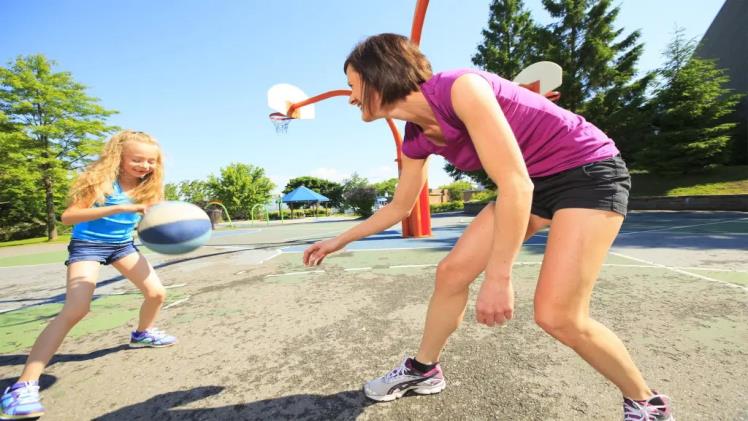
Fair play is about respecting other people and adhering to the rules of the game. It can help children have fun while teaching them valuable social rules such as cooperating, taking turns, being polite, solving problems diplomatically and being flexible. Fair play also fosters respect for authority figures by upholding basic civilities like respecting property rights and being flexible when faced with challenges.
You can teach your child the value of fair play by discussing the rules of games and how to behave when they play. Selecting games suitable for their age group and providing plenty of practice makes a big difference in terms of developing these important life skills.
Visit for multiple topics news: MyPuppyPoop And Newsgallery
Discuss what they are feeling and why they are playing. Doing this can help them reflect on their decisions and determine whether they are being fair or not.
Role models and positive reinforcement are effective ways for your child to develop an appreciation for fair play. You may also use stories about people who have participated in sports to illustrate good sportsmanship and an appropriate attitude.
Before beginning a game, be sure to understand and adhere to its rules. Doing this will prevent disputes and ensure everyone has an enjoyable experience.
Take time to explain what “fair play” means. Highlight the distinction between winning and losing, as well as why it’s essential to play in a friendly manner.
Encourage your child to provide examples of fair play, such as when they are playing with other children or helping their team win. You may also ask them how they have behaved during a game or competition and what action they would take if someone broke the rules.
Young children often struggle with this topic, yet it is one of the most essential lessons they can learn. Empowering them with pride in themselves and their accomplishments helps them develop valuable life lessons about how to act in different scenarios.
This Teaching Wiki offers teachers information and activities to help them instill fair play in sports with their children. It includes a lesson plan for KS2, activities tailored towards primary and secondary school students, as well as links to online resources from the Royal School Sport Association.
Dr. Sharon Smith of the Mayo Clinic Center for Sports Medicine in Rochester, Minnesota believes there is evidence to back up her claim that fair play programs can reduce injury rates among youth athletes–particularly concussions–by using psychological behavior modification with reinforcement and punishment. To this end, these programs include psychological behavior modification combined with reinforcement and penalty elements.
She believes a program like Fair Play, which uses consequences to teach children good sportsmanship, can reduce injuries in any youth contact sport. Therefore, she is encouraging more youth organizations to adopt this system.
Establishing a Fair Play program is an ongoing endeavor, and the number and type of interventions adopted will depend on an organization’s budget and volunteer resources. We recommend starting at the tyke or novice level and gradually expanding them as players move up through divisions over several years.


